Discover The Audio Long Read
The Audio Long Read

The Audio Long Read
Author: The Guardian
Subscribed: 41,707Played: 3,035,847Subscribe
Share
© 2025 Guardian News & Media Limited or its affiliated companies. All rights reserved.
Description
Three times a week, The Audio Long Read podcast brings you the Guardian’s exceptional longform journalism in audio form. Covering topics from politics and culture to philosophy and sport, as well as investigations and current affairs.
1322 Episodes
Reverse
Every Monday and Friday for the rest of December we will publish some of our favourite audio long reads of 2025, in case you missed them, with an introduction from the editorial team to explain why we’ve chosen it. From October: Over a few brutal days in March, as sectarian violence and revenge killings tore through parts of Syria, two friends from different communities tried to find a way to survive By Ghaith Abdul-Ahad. Read by Mo Ayoub. Help support our independent journalism at theguardian.com/longreadpod
Every Monday and Friday for the rest of December we will publish some of our favourite audio long reads of 2025, in case you missed them, with an introduction from the editorial team to explain why we’ve chosen it. From October: From murder scenes to whale blubber, Ben Giles has seen it – and cleaned it – all. In their stickiest hours, people rely on him to restore order By Tom Lamont. Read by Elis James. Help support our independent journalism at theguardian.com/longreadpod
Every Monday and Friday for the rest of December we will publish some of our favourite audio long reads of 2025, in case you missed them, with an introduction from the editorial team to explain why we’ve chosen it. From September: with sea levels rising, much of the nation’s population is confronting the prospect that their home may soon cease to exist. Where are they going to go? By Atul Dev. Read by Mikhail Sen. Help support our independent journalism at theguardian.com/longreadpod
Every Monday and Friday for the rest of December we will publish some of our favourite audio long reads of 2025, in case you missed them, with an introduction from the editorial team to explain why we’ve chosen it. From April: The Black Swan follows a repentant master criminal as she sets up corrupt clients in front of hidden cameras. But is she really reformed – and is the director up to his own tricks? By Samanth Subramanian. Read by David Bateson. Help support our independent journalism at theguardian.com/longreadpod
Each week for the rest of December we will publish some of our favourite audio long reads of 2025, in case you missed them, with an introduction from the editorial team to explain why we’ve chosen it. From July: the Victorians called it ‘pernicious vomiting of pregnancy’, but modern medicine has offered no end to the torture of hyperemesis gravidarum – until now By Abi Stephenson. Read by Nicolette Chin. Help support our independent journalism at theguardian.com/longreadpod
Terry Ball – renowned shoe salesman, friend to former mafiosi – has vowed to spend his remaining years finding ways to cheat authorities he feels have cheated him. His greatest ruse? A tax-dodging snail empire By Jim Waterson. Read by Nicholas Camm. Help support our independent journalism at theguardian.com/longreadpod
The Free Birth Society was selling pregnant women a simple message. They could exit the medical system and take back their power. By free birthing. But Nicole Garrison believes FBS ideology nearly cost her her life. This is episode one of a year-long investigation by Guardian journalists Sirin Kale and Lucy Osborne Listen to the full series from The Guardian Investigates podcast. Help support our independent journalism at theguardian.com/longreadpod
Tired of a two-day commute to see her overworked doctor, my mother turned to tech for help with her kidney disease. She bonded with the bot so much I was scared she would refuse to see a real medic By Viola Zhou. Read by Vivian Full This essay was originally published on Rest of world. Help support our independent journalism at theguardian.com/longreadpod
We are raiding the Guardian long read archives to bring you some classic pieces from years past, with new introductions from the authors. This week, from 2022: as the world faces the worst debt crisis in decades, the need for a global lender of last resort is clearer than ever. But many nations view the IMF as overbearing, or even neocolonial – and are now looking elsewhere for help By Jamie Martin. Read by Kelly Burke. Help support our independent journalism at theguardian.com/longreadpod
As the police and courts continue to struggle with the legacy of austerity, many people are seeking alternative routes to justice – but it could be making matters worse By Hettie O’Brien. Read by Rebecca Trehearn. Help support our independent journalism at theguardian.com/longreadpod
I knew he was running away from something. It wasn’t until many years later that I discovered the truth Written and read by Pamela Gordon. Help support our independent journalism at theguardian.com/longreadpod
Saudi Arabia’s investment in Twitter increased its influence in Silicon Valley while being used at home to shut down critics of the regime By Jacob Silverman.. Help support our independent journalism at theguardian.com/longreadpod
We are raiding the Guardian long read archives to bring you some classic pieces from years past, with new introductions from the authors. This week, from 2022: what’s behind the indestructible appeal of the robotic snack? By Tom Lamont. Read by Andrew McGregor. Help support our independent journalism at theguardian.com/longreadpod
When Donald Trump set about dismantling USAID, many around the world were shocked. But on the ground in Sierra Leone, the latest betrayal was not unexpected By Mara Kardas-Nelson. Read by Lanna Joffrey. Help support our independent journalism at theguardian.com/longreadpod
When a fishing boat left port in Alaska in December 2019 with an experienced crew, an icy storm was brewing. What happened to them shows why deep sea fishing is one of the most dangerous professions in the world By Rose George. Read by Rosalie Craig. Help support our independent journalism at theguardian.com/longreadpod
We are raiding the Guardian long read archives to bring you some classic pieces from years past, with new introductions from the authors. This week, from 2022: as violence, drug use and suicide at HMP Nottingham reached shocking new levels, the prison became a symbol of a system crumbling into crisis By Isobel Thompson. Read by Simon Darwen. Help support our independent journalism at theguardian.com/longreadpod
How did an obscure district in a neglected state become India’s byword for digital deceit? By Snigdha Poonam. Read by Mikhail Sen. Help support our independent journalism at theguardian.com/longreadpod
We are raiding the Guardian long read archives to bring you some classic pieces from years past, with new introductions from the authors. This week, from 2022: to eat in the modern world is often to eat in a state of profound sensory disengagement. It shouldn’t have to be this way By Bee Wilson. Read by Lucy Scott. Help support our independent journalism at theguardian.com/longreadpod
Between 2022 and 2023, as many as 170 rare and valuable editions of Russian classics were stolen from libraries across Europe. Were the thieves merely low-level opportunists, or were bigger forces at work? By Philip Oltermann. Read by Daniela Denby Ashe. Help support our independent journalism at theguardian.com/longreadpod
Economic insecurity, race riots, incendiary media … Claude McKay was one of the few Black journalists covering a turbulent period that sounds all too familiar to us today By Yvonne Singh. Read by Karl Queensborough. Help support our independent journalism at theguardian.com/longreadpod




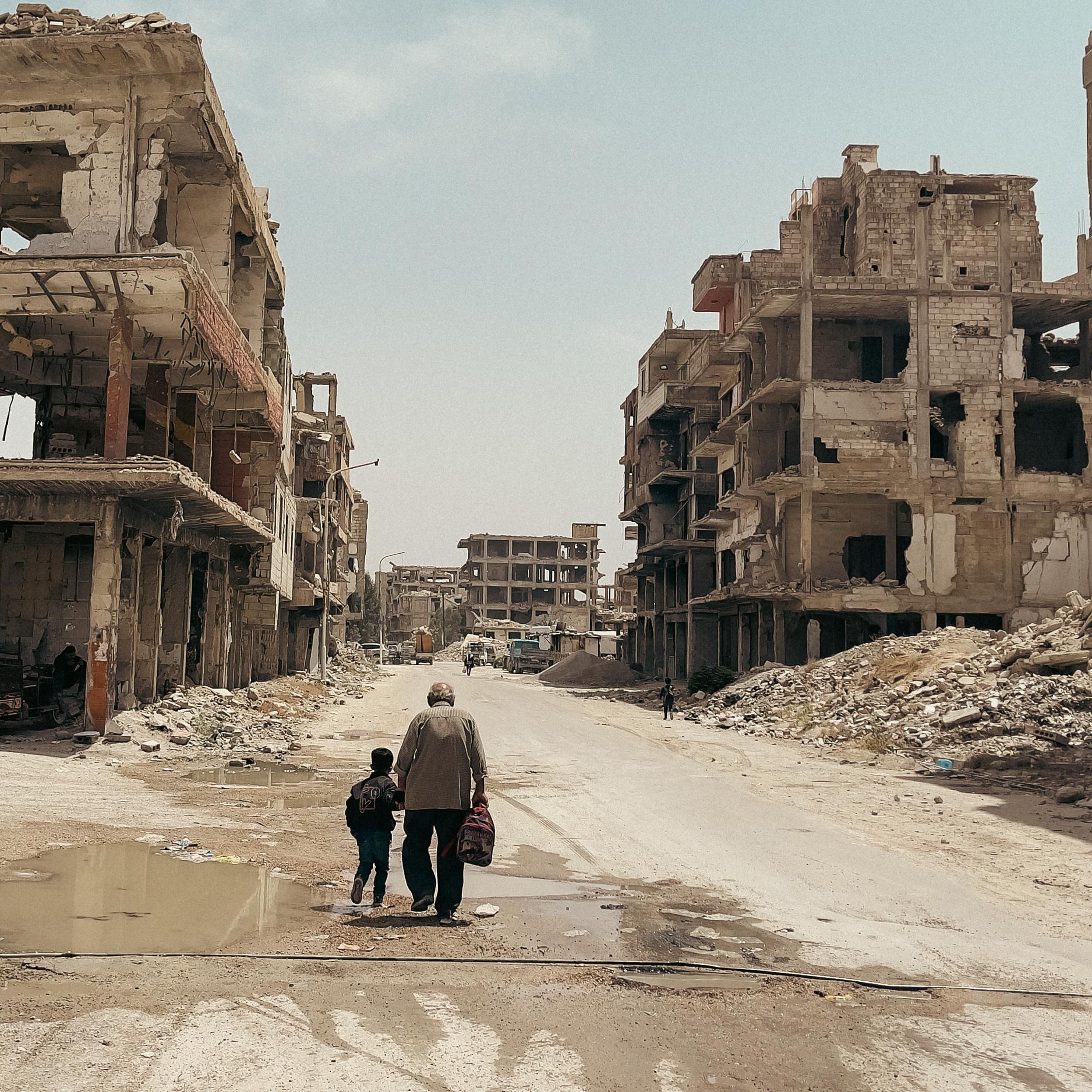
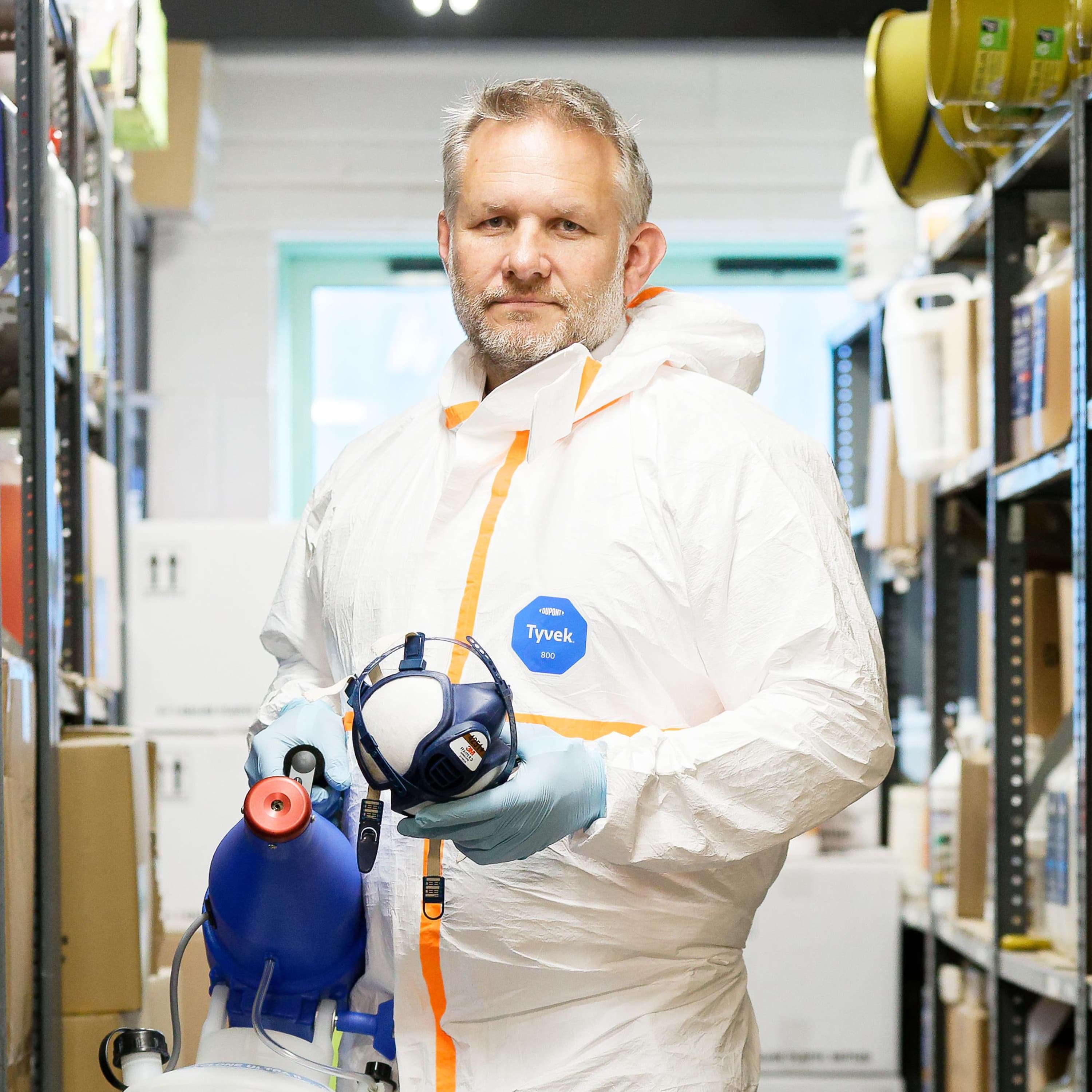


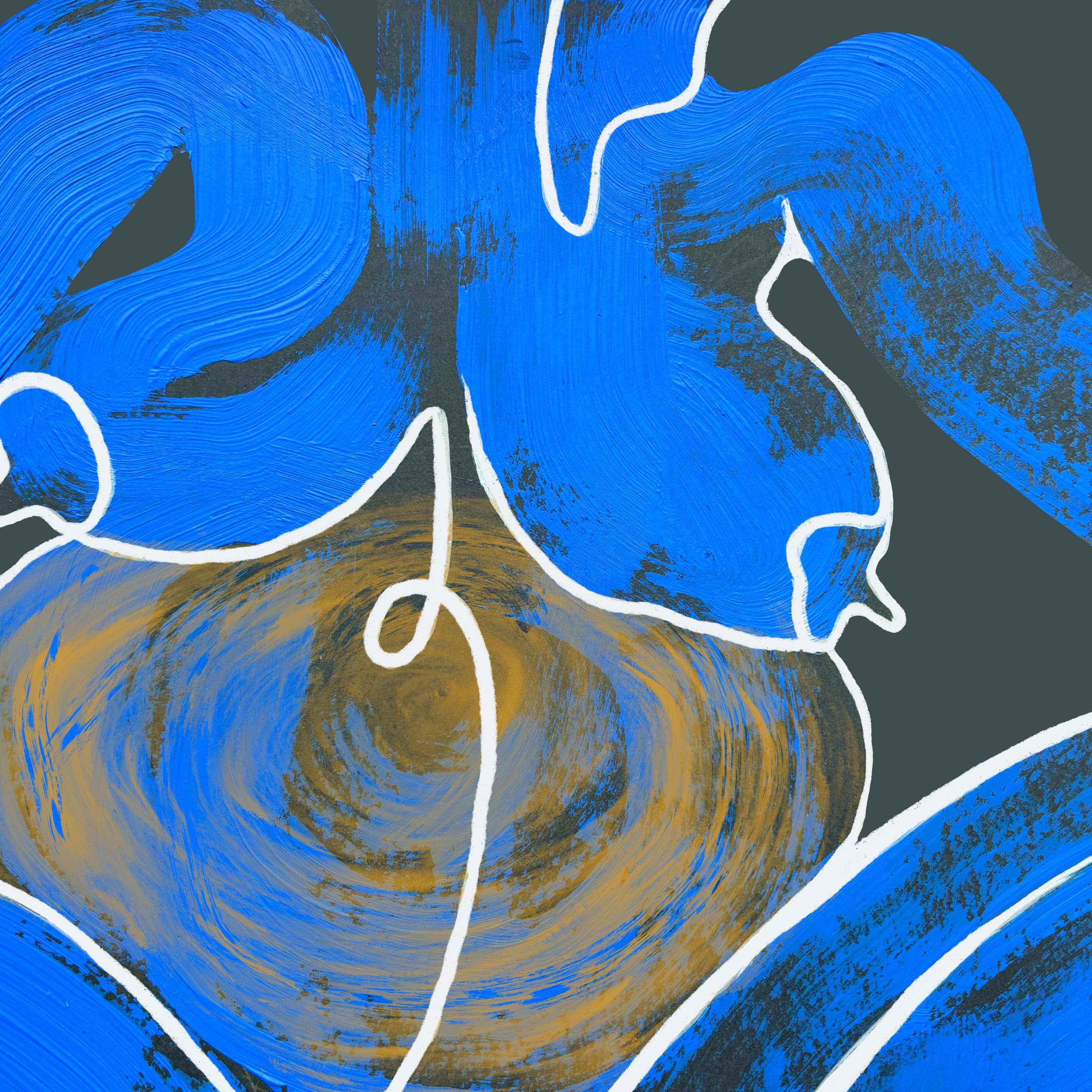
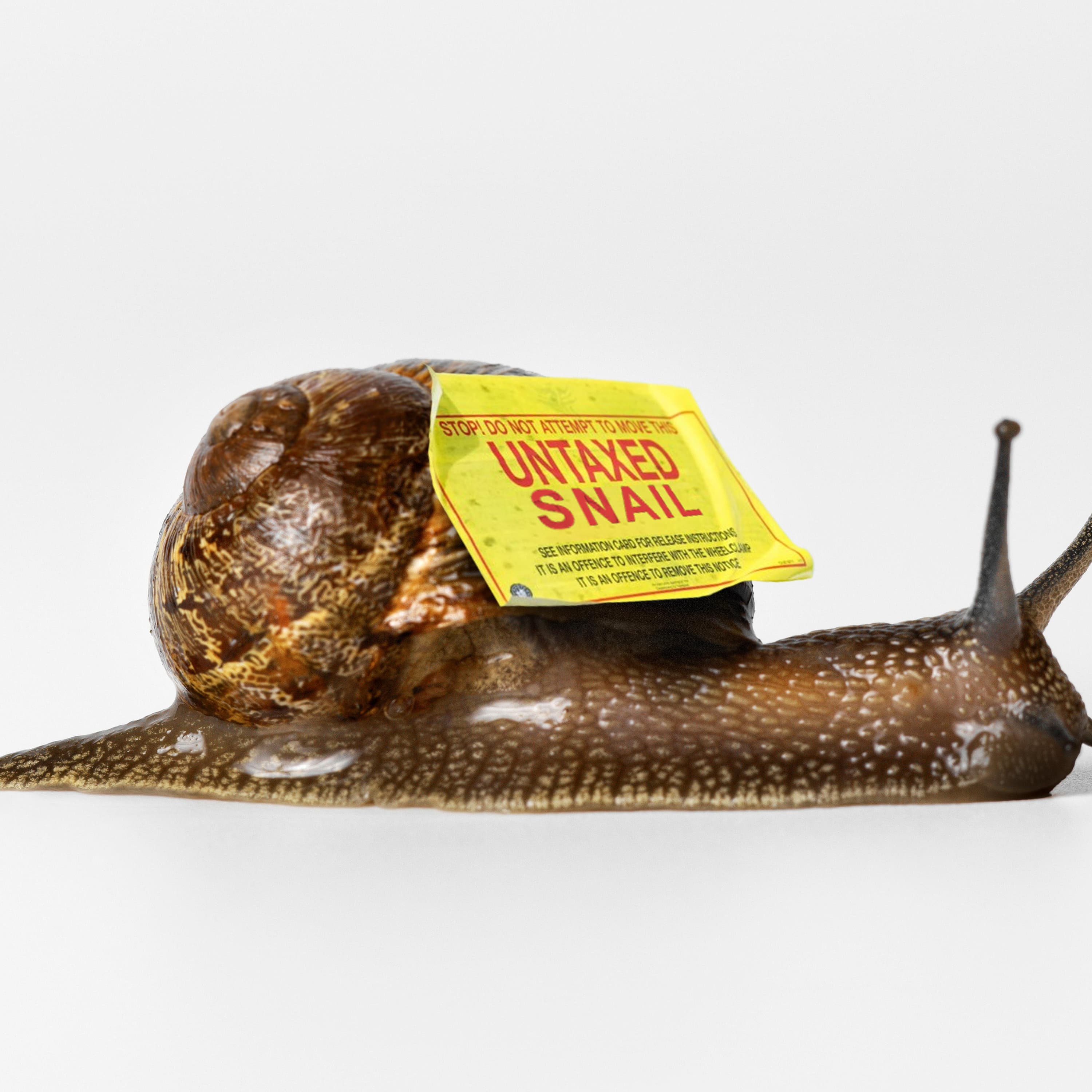
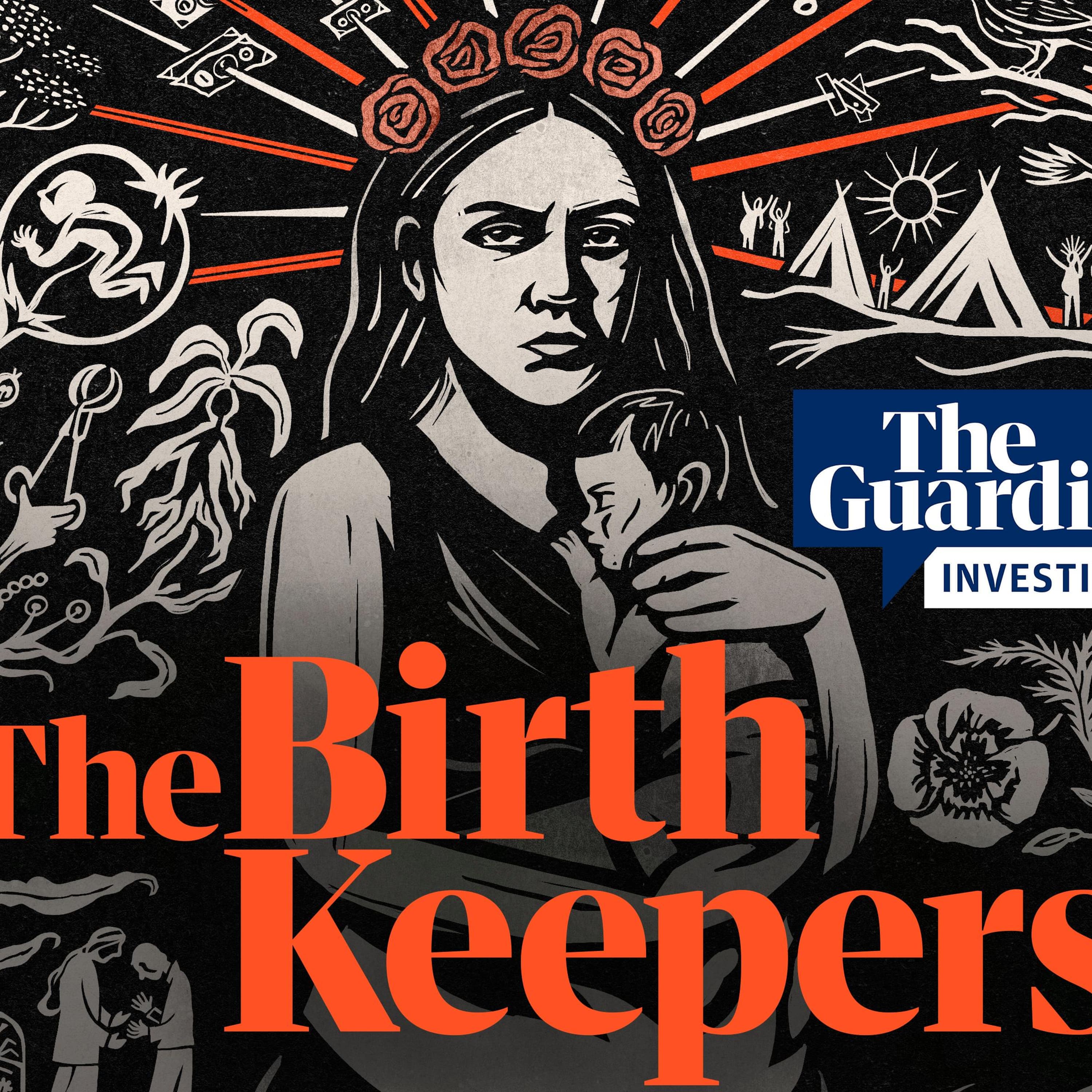


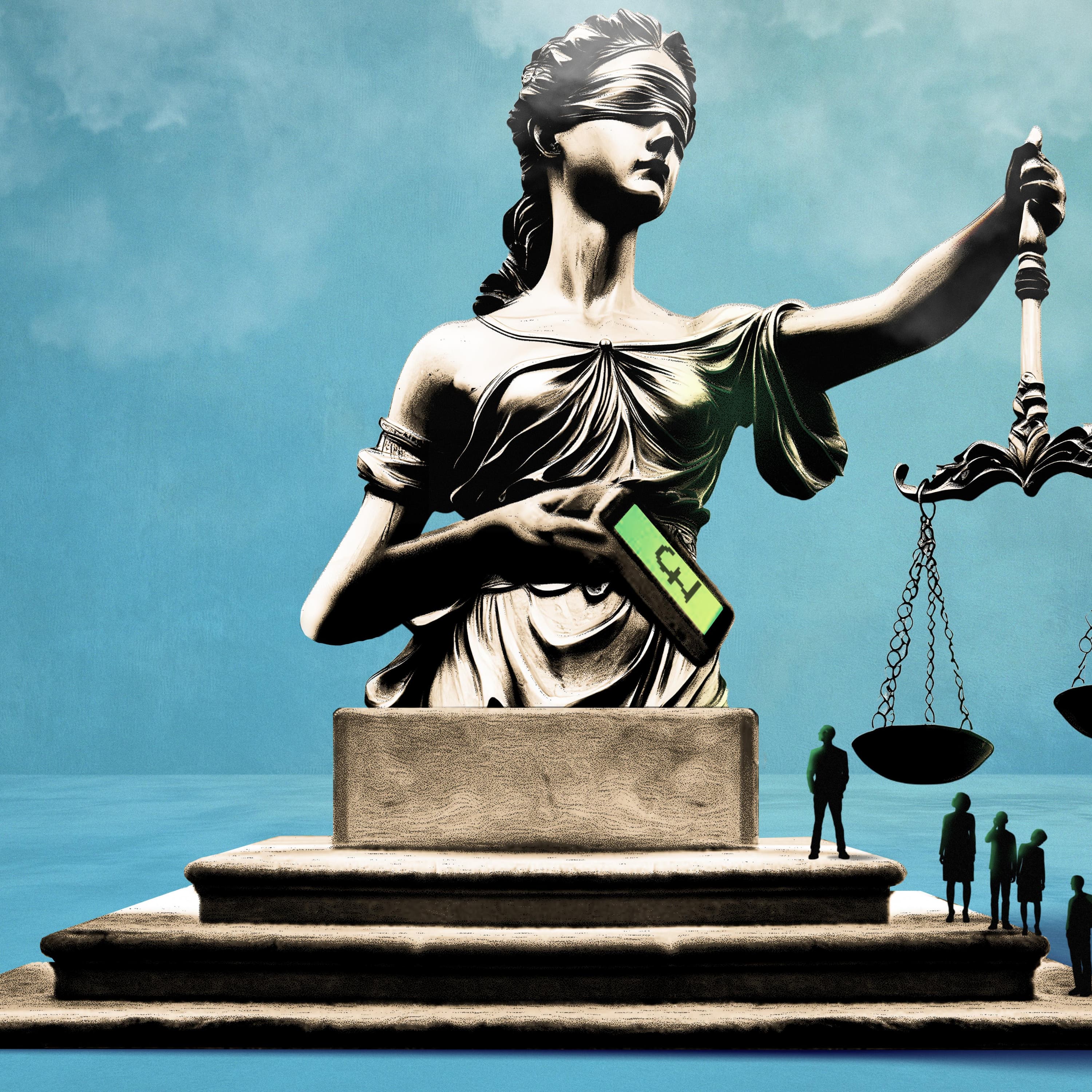
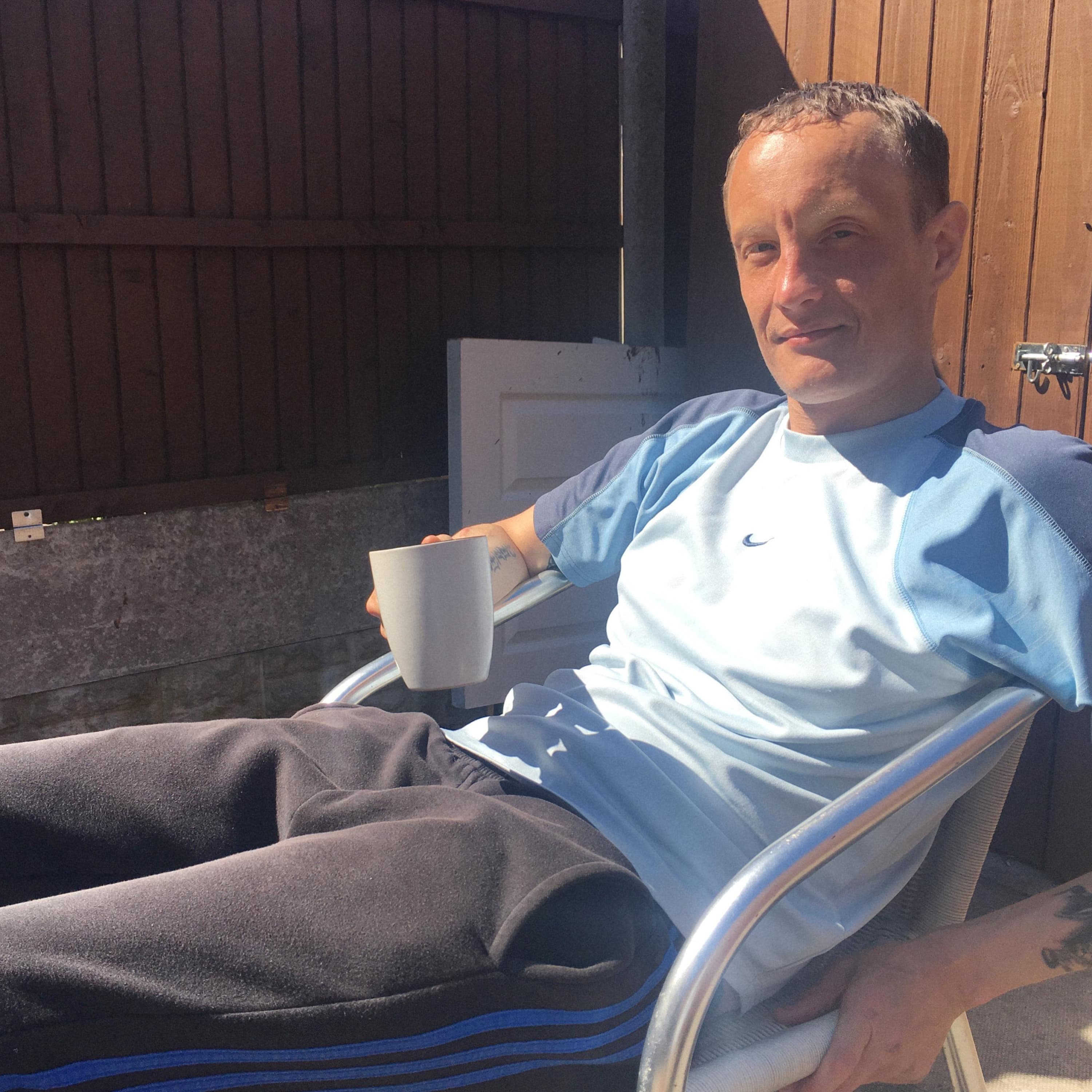


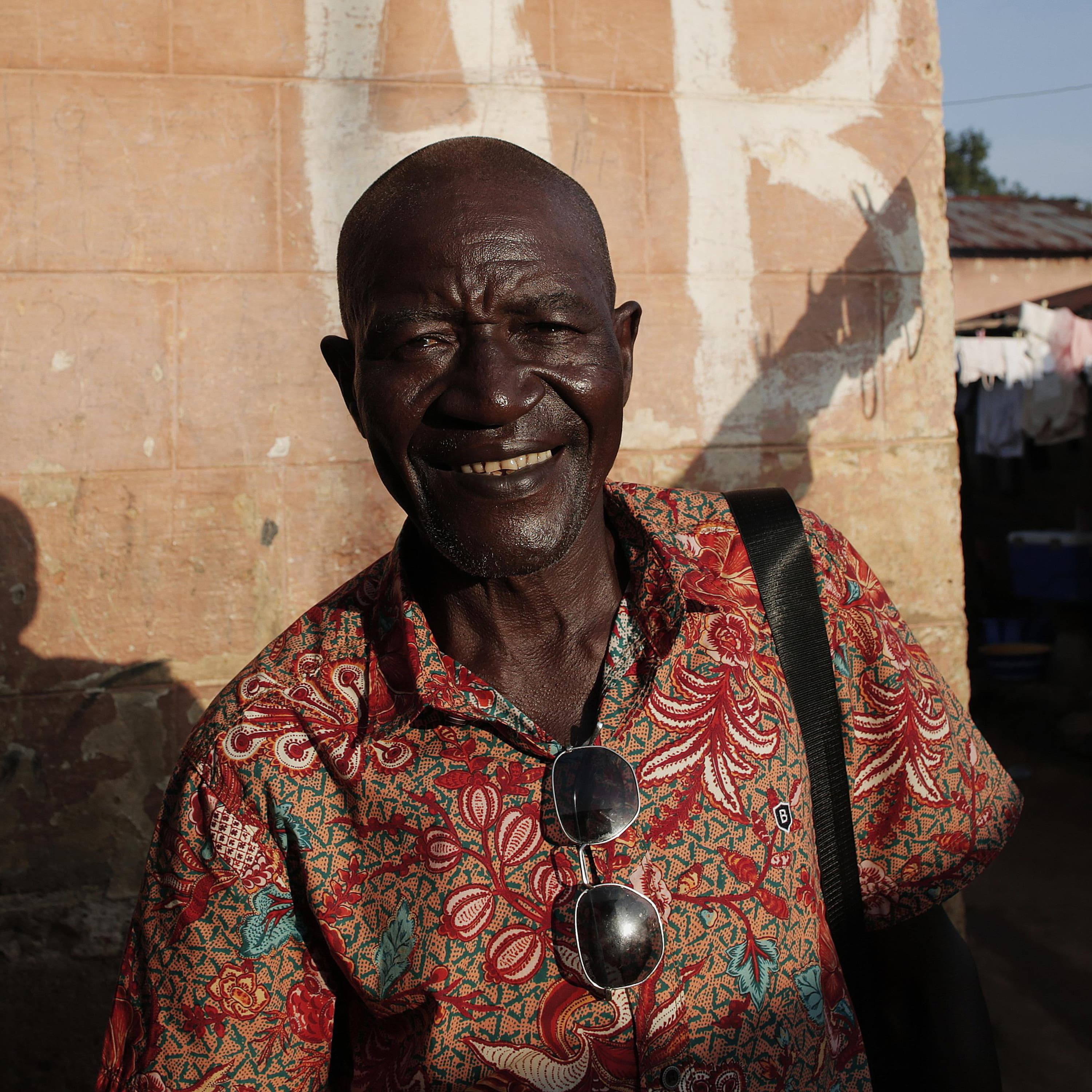
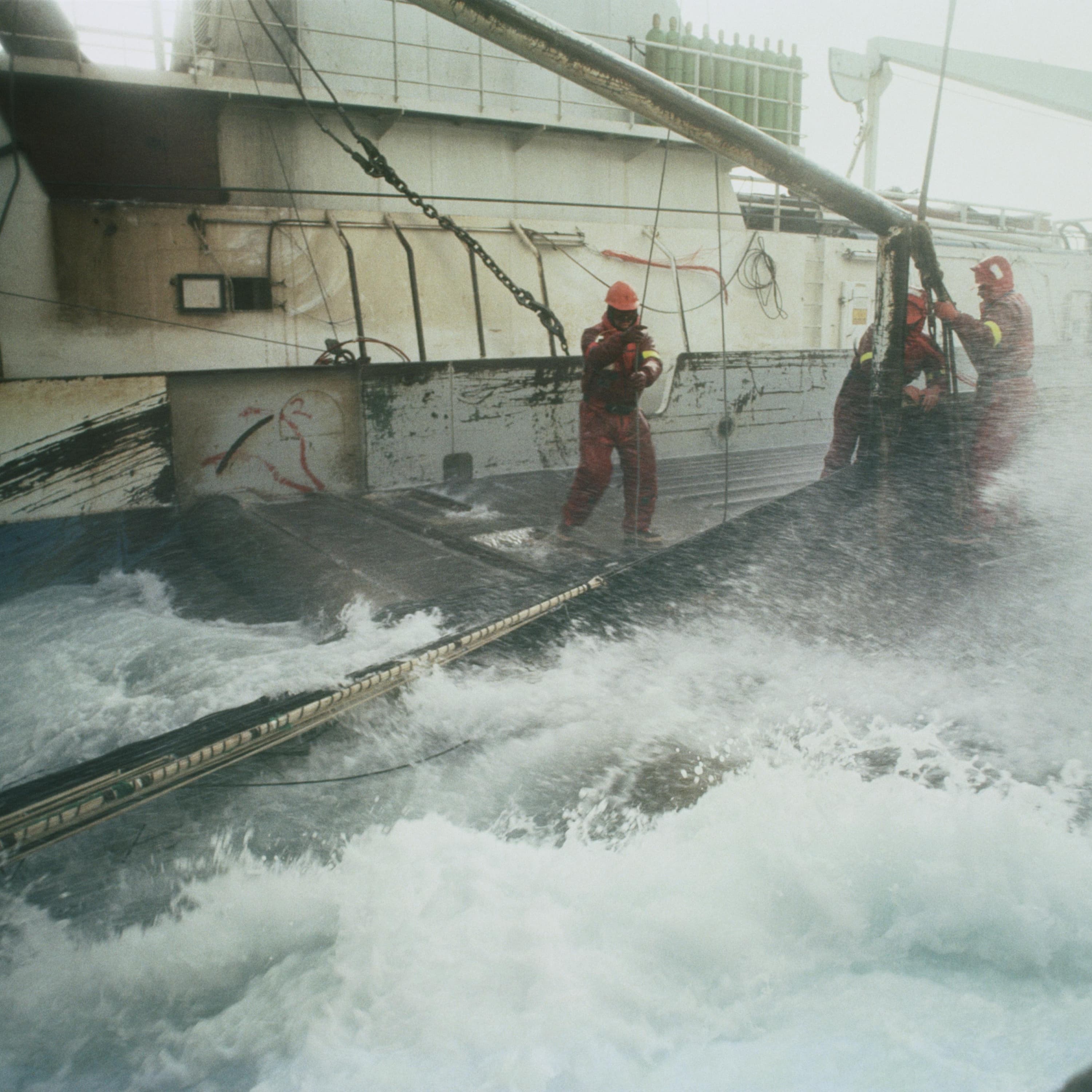
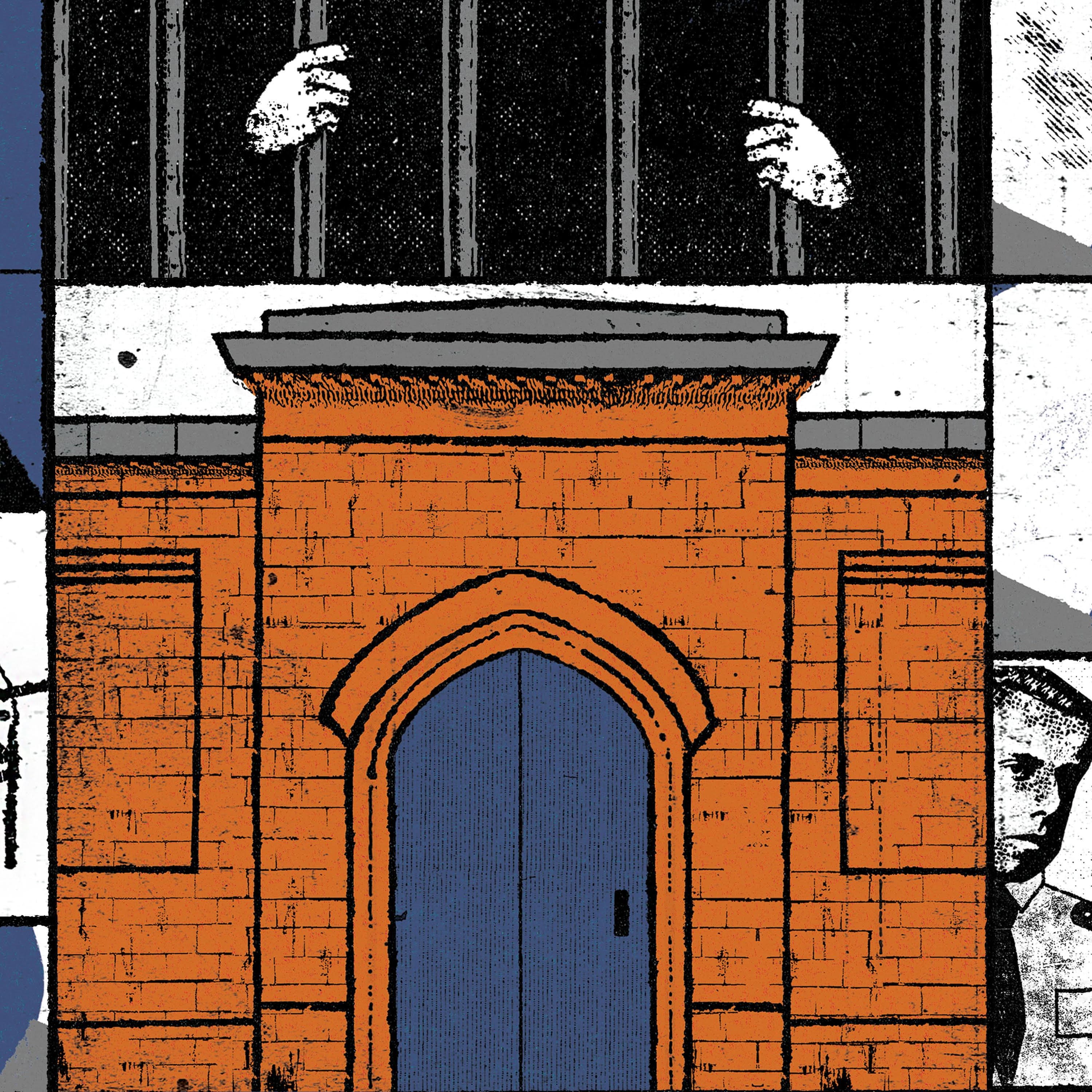
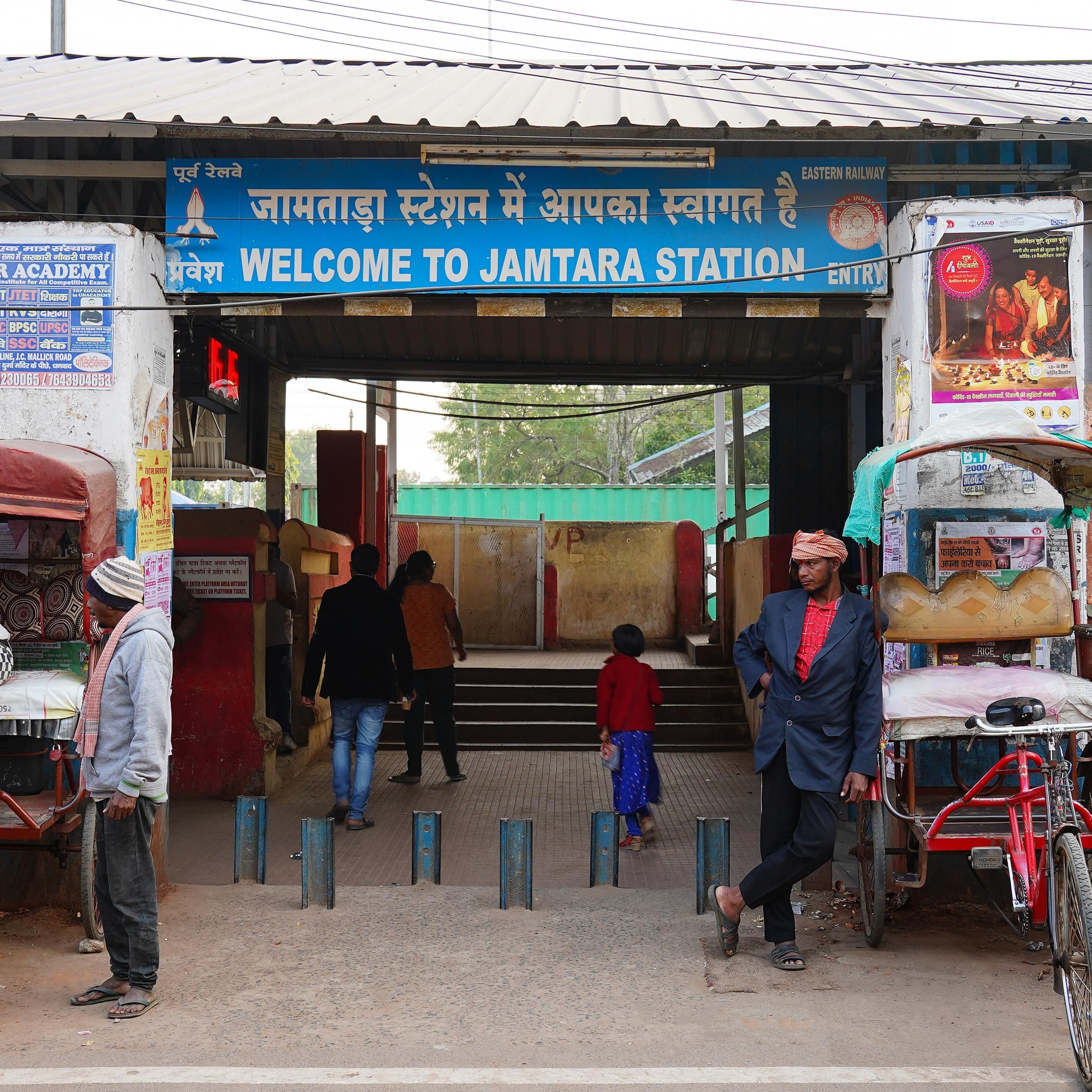
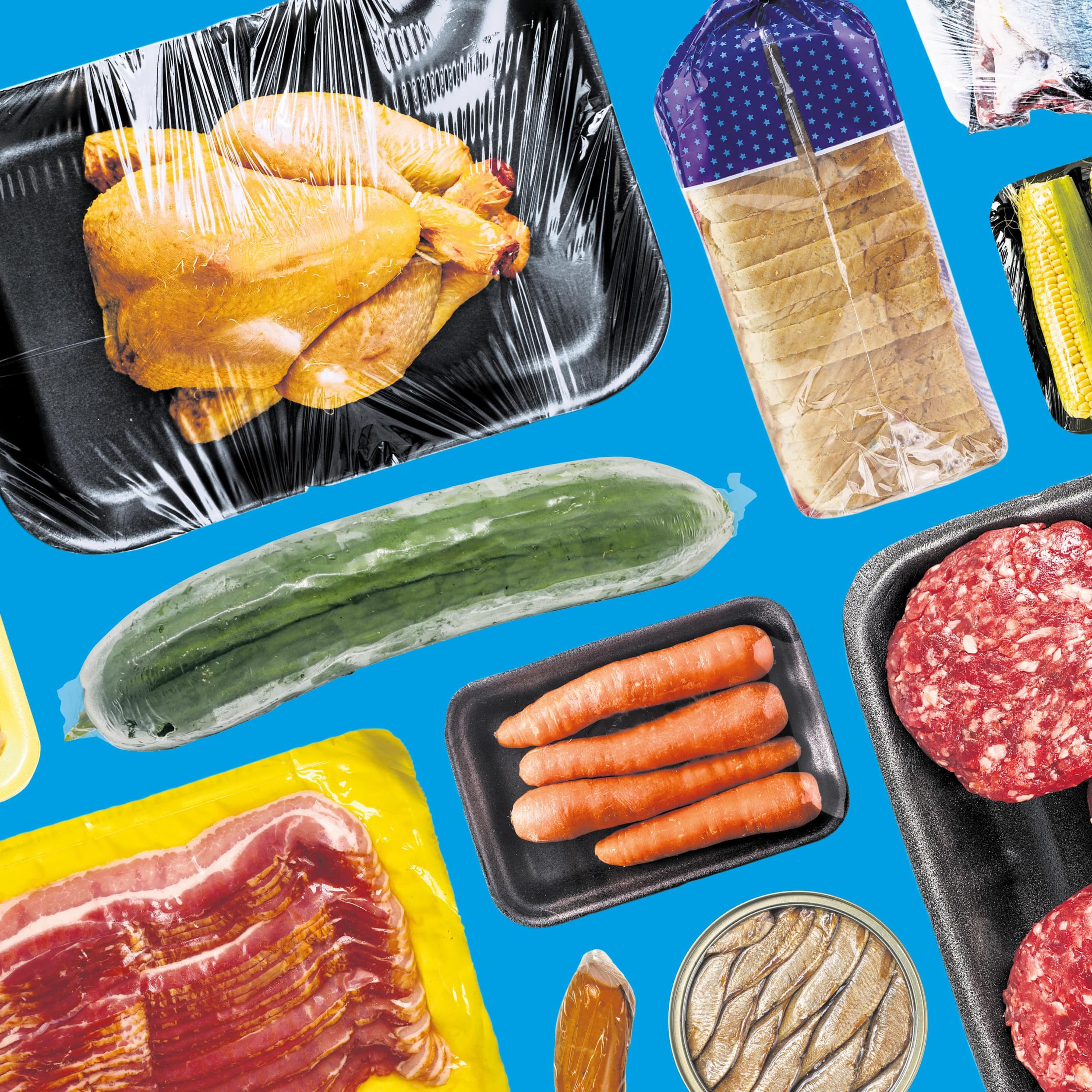
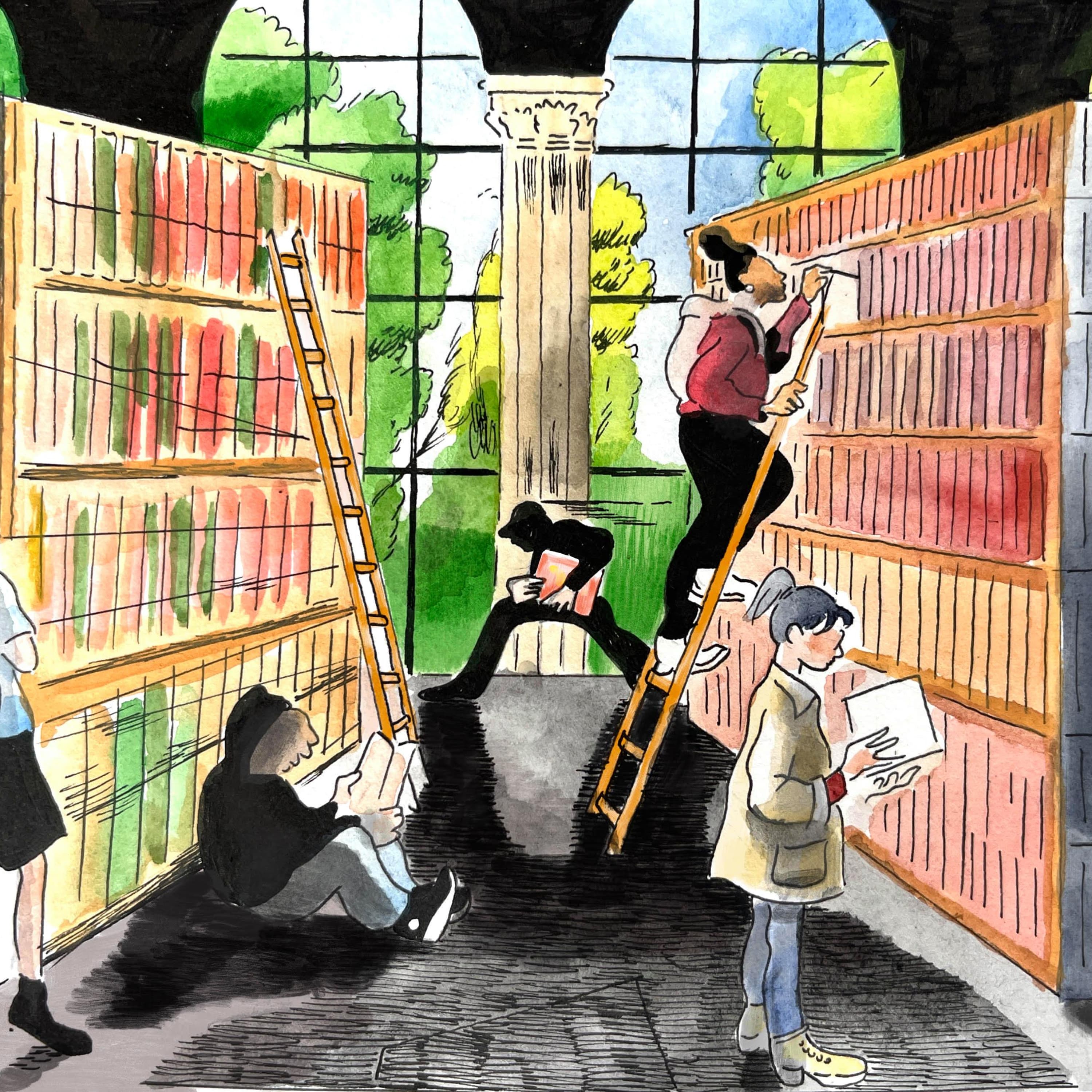
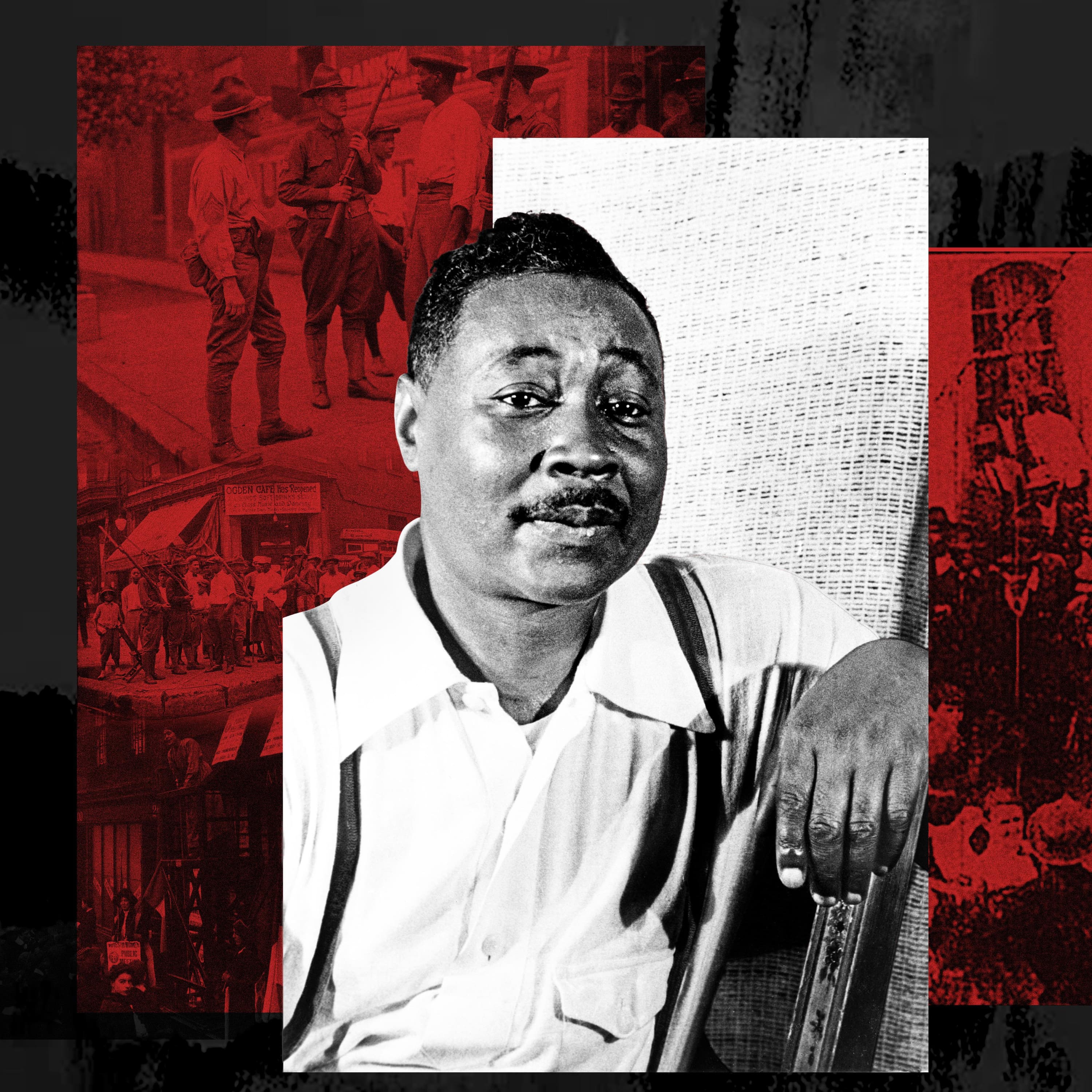



I dunno why but I listened to this one twice.
please stop promoting "comfort eating". This is a form of self-harm, like comfort-drinking! Obesity is a huge problem and is often caused by "comfort-eating"
comfort eating is dysfunctional self-harm
Funny, all the fuss about towels and air-dryers, when we inoculate our hands on the toilet door handle when we leave the toilets.
I really don't want to hear Grace Dent promoting "comfort eating". As though that is a good thing!
Bringing change is so difficult. A professor of mine said extremists move the public opinion to roughly average of the two extremes (i.e. it's needed). Though personally I hate when people alienate others as it ultimately doesn't help the cause - I agree with the thoughts of this author! I've done a lot of work on framing and it is so, so important.
Why the accent???
mostly talks about his father's cancer. not an easy listen
listening in 2024 ... wrenched my heart to hear all the optimistic predictions that Iran never even came close to.
If this guy thinks there are no nazis in Ukraine he has rocks in his head
is this an AI generated narrator?
Galapagos is a province of Ecuador. Stating that something was found between the former and the latter is equivalent to misguiding listeners by citing the Midlands and England as two separate entities.
I really loved this episode, which pays tribute to Nichola Saunders - a largely forgotten figure who gave the UK so much. But I found it incredibly distracting to hear reasonably well known words mispronounced: cherubim, artisanal, homogeneous (it has 5 syllables not 4) or US pronunciations of words (cedre) by an obviously British reader why don't the editors correct these mispronunciations, as they would misspellings in a written article?
One of the weakest GLRs I've heard. Irritating and uninsightful.
One of my favourite podcasts recently. Great journalism, fascinating diverse stories and excellent production. Well done, The Guardian.
Very half-baked theories based on no facts, can't believe this got printed!
One of the sadest episodes I've ever heard. The whole thing is a piece of spoken word poetry, from the reading to the writing, it's beautiful and gut wrenching.
While JK is very difficult to eradicate, we have had great success in controling it's spread and massively reducing its prevalence in our part of East Ayrshire along the River Annick. Work done more than ten years ago within the Ayrshire Rivers Trust, the body tasked with control of the big 3 in non native invasive plant species, (JK, GH and HB) showed that spraying once with glyphosate (Roundup) in the approximately six week period between the appearance of the flowers and the first hard frost gave a very high (95% plus) reduction in the reappearance of JK stems the following spring. The ART funded SEPA accredited spraying training for volunteer groups to enable safe spraying operations along sensitive watercourses, and provided equipment, herbicide and appropriate PPE. They got much more bang for their buck this way than by using commercial spraying firms, but it is dependent on a volunteer labour force willing to undertake training and supply their labour in this most effective six
an idea: https://www.wildwalks-southwest.co.uk/eating-japanese-knotweed/
the #LieDetector & how we are led to believe that it's accurate but I'm not surprised.